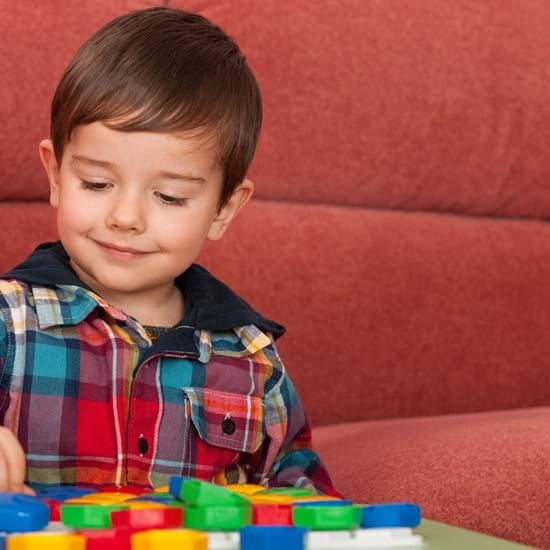
Isn’t Making Friends Supposed to Be Fun?

Written by: Stéphanie Deslauriers
Some children seem naturally outgoing and make friends easily, while others just aren’t as comfortable being sociable. So what’s the best way to help these kids build some social skills?
Parent-Child Attachment
Children start developing their social skills as early as the prenatal period. This happens through the mother-child bond first, a relationship that grows from birth and continues to do so throughout life. From that moment, children build their self-image through the care they are given: “Do my caregivers (parents or guardians) tend to my needs? Do they do it with warmth? Do they do it quickly and efficiently? Do they love me? Can I count on them if I need them?” Obviously, children don’t technically think all this, but they definitely sense it.
Then, slowly, their self-esteem begins to develop: “Well, if my parents love me, I must be loveable. I probably deserve to be cared for, if they do it.” This lays the foundation on which children build their social skills and relationships with other people, whether their caregivers, their teachers… or their friends.
The Importance of Self-Esteem
Children with a positive sense of self, who know that their loved ones have their best interests at heart, are usually sociable when meeting new people, whether adults or children. Odds are they will be more appealing socially because of their happier, friendlier disposition and the curiosity they show towards others. Consequently, connecting with potential friends requires less effort.
On the other hand, low self-esteem can create roadblocks to the development of relationships. Being too shy, too bold, distrustful, or even too emotional can all hinder the ability to make friends.
The Necessity of Social-Emotional Learning
Before they can be comfortable with others, children must first learn to be at ease with themselves. Children capable of recognizing, expressing and managing their emotions are more cheerful and confident, thus making them more socially interesting to others.
The Emotions Memory Game (by Gladius) or the My Feelings Game (by Sensational Learners) can help with emotional-social learning. At home, expressing your emotions through comments like, “Wow, I feel good today!” or “I’m a little impatient this morning,” shows your children that they have the right to feel the way they do. This validates their emotions, without excusing the inevitable inappropriate reactions that come with the lot. This also opens up opportunities to discuss emotions with your children free of judgment, which is a great way to help them develop their social-emotional skills.
Create Opportunities
While children are building their skills, it’s always good to give them opportunities to socialize. You can take them to events in town or invite some of the neighbourhood kids (close in age) over for a play date. What’s great is that you'll be there in the event of a road bump and can offer guidance to solve (or avoid) a conflict! Because sharing, waiting, losing, winning or asking for help doesn’t always come easily to children… or even to parents for that matter!
Now go on, get out there and socialize!


